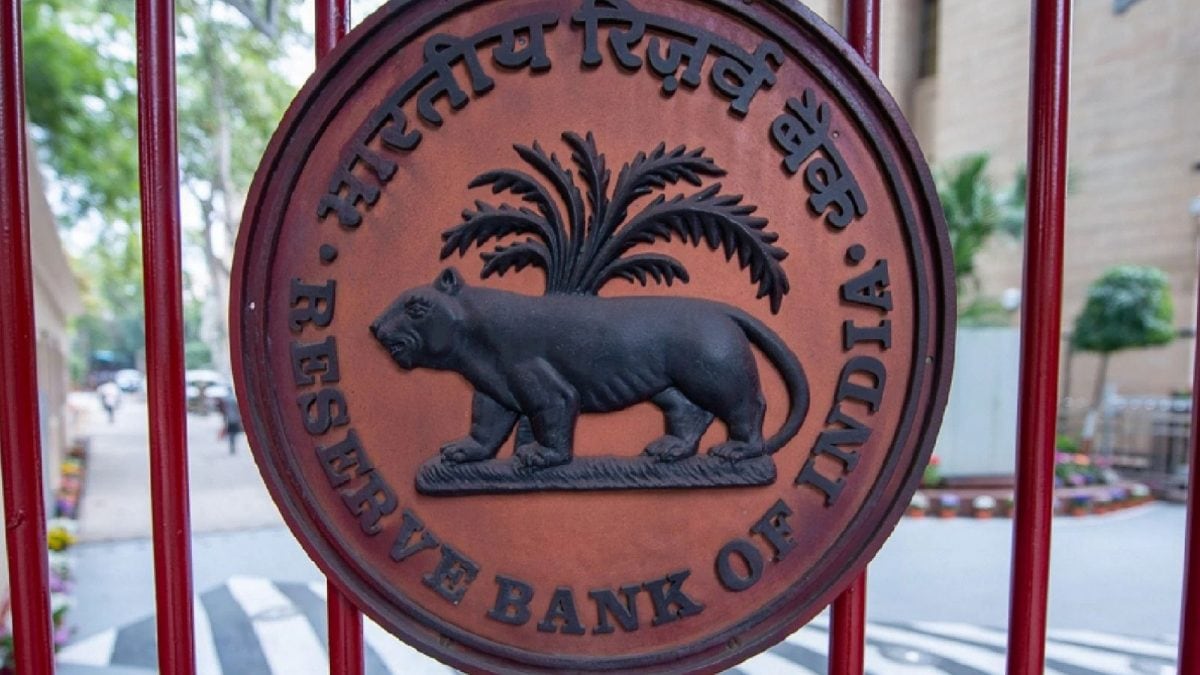Last Updated:
RBI proposes new rules capping banks’ capital market exposure at 40 percent of Tier 1 capital, with stricter limits for loans and investments.

RBI May Allow Banks to Lend for Mergers and Acquisitions, Both in India and Overseas
The Reserve Bank of India (RBI) has proposed to allow banks to offer capital/loans to Indian companies for a strategic acquisition purpose, both home and abroad.
With the new proposal, RBI aims to tighten and update rules for banks’ exposure to the capital market (both direct investments and loans against securities).
The goal is to reduce risks and bring all older circulars under one framework, according the RBI’s Draft Directions on Commercial Banks’ Capital Market Exposure (CME), 2025.
The proposed guidelines is expected to be effective from April 1, 2026.
Loans to Companies (Non-individuals)
Banks may give working capital or bridge loans against eligible securities, according to RBI’s draft. However acquisition finance is allowed up to 10 per cent of Tier 1 capital, only for strategic (Not speculative acquisitions).
To limit risk, the central bank has proposed capping a bank’s total exposure to acquisition finance at 10% of its Tier 1 capital. The acquiring company will also need to contribute at least 30% of the deal value from its own equity, while banks can finance up to 70%. The loan must be fully secured by the shares of the target company, with additional collateral allowed as per the bank’s internal policy.
What Are Other Key Points Of Draft?
According to RBI’s draft, the total capital market exposure (CME) of a bank cannot exceed 40 per cent of its Tier 1 capital. Moreover, direct CME (like investments and acquisition finance) cannot exceed 20 per cent ceiling.
Banks may keep lower limits as per their own risk policies.
Certain investments (e.g., in government-backed institutions, debt MFs, NCDs) are excluded from this limit. Banks can give loans against approved securities only (like listed shares, bonds or mutual funds).
Banks can’t give loans for:
- Against their own shares.
- Against partly-paid shares or locked-in securities.
- Loans for share buybacks.
Banks must track end-use of funds and adhere to valuation and collateral norms.
Loans To Individuals
As per RBI’s draft, the maximum amount a bank can offer to an individual is Rs 1 crore, of which 25 lakh can be used for secondary market purchase.
For IPO/FPO/ESOP, loans are allowed up to Rs 25 lakh, with minimum 25 per cent borrower margin.
Loan-to-value limit:
As per RBI’s draft, loans to individual limit is 60% for shares, 75% for non-debt mutual funds/ETFs and up to 85% for debt MFs/top-rated bonds.

Varun Yadav is a Sub Editor at News18 Business Digital. He writes articles on markets, personal finance, technology, and more. He completed his post-graduation diploma in English Journalism from the Indian Inst…Read More
Varun Yadav is a Sub Editor at News18 Business Digital. He writes articles on markets, personal finance, technology, and more. He completed his post-graduation diploma in English Journalism from the Indian Inst… Read More
October 27, 2025, 11:31 IST
Read More






